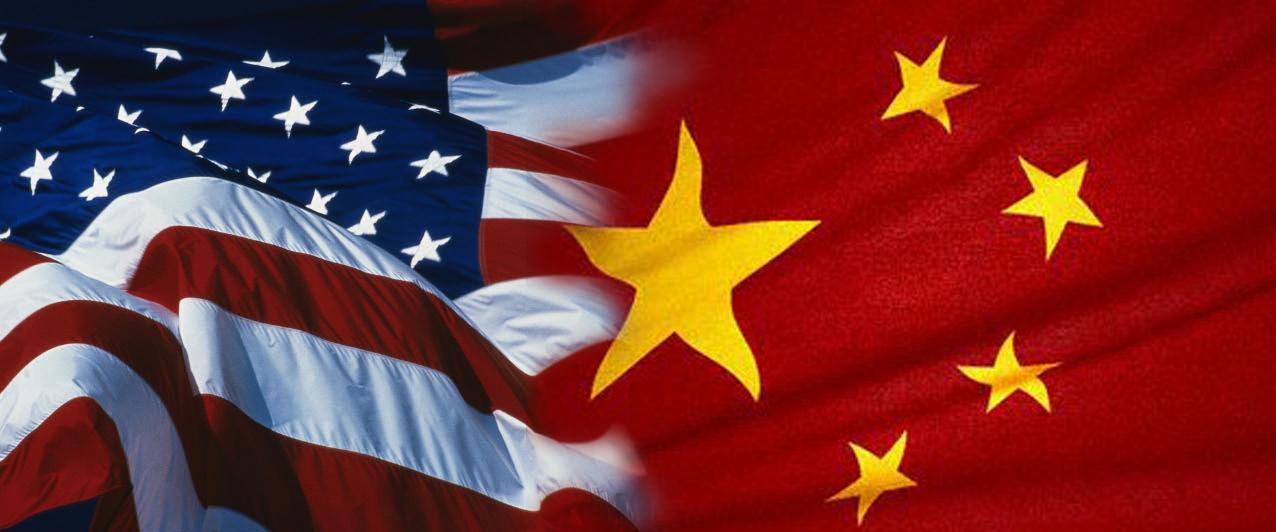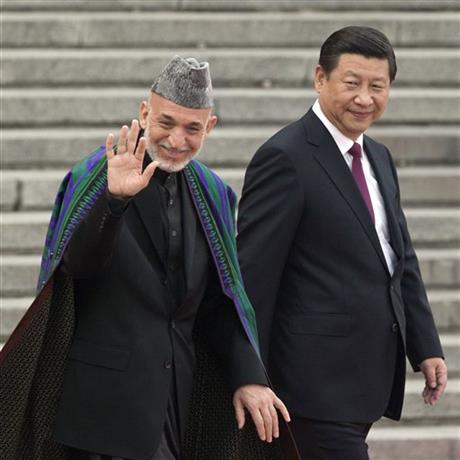By: Ben Hartley
While the Chinese Communist Party (CCP) constitutes the basis for single party rule in China, the internal political dynamics that govern succession politics create a balance between diverging opinions within the party that have allowed for China’s long-term stability in governance and economic growth.
Set to undergo the first major leadership succession in a decade, much attention has been paid to the visit of Vice President Xi Jinping’s recent visit to Washington. While the media interest in Xi has been high, including coverage of a rare visit to Iowa, policy experts are rightly focused on the stability of the economic linchpin China has become during this period of increased financial risk. Despite unfavourable assumptions regarding one-party rule however, the practice of succession in Chinese politics is one that places stability and economic growth above the political aspirations of the CCP’s most senior members.
The two top positions in the Chinese state are those of President and Premier – today occupied by Hu Jintao and Wen Jaibao respectively. Chosen by the Standing Committee of the Politburo (SCP) during a time of uncertainty with respect to the CCP’s grasp on power, the more conservative Hu was gradually positioned to assume the Presidency. Over the course of his time in power, Hu did not shy away from aggressively combating pro-democracy movements and rolling back economic reforms introduced by his predecessor Jaing Zemin.
A conservative President Hu however,was balanced by the choice of Wen Jaibao as Premier, who often expressed favourable opinions of political reform during his time as head of government. Wen, a survivor of the Tiananmen purge, advocated the improvement of local elections systems, stronger rule of law and increased government oversight by the people during his time in power, going so far as to publicly acknowledged his conviction that “China’s democracy will continue to grow ”. Over their time in power it became clear that the more conservative of the two occupied the presidency, while the reformer held the premiership.
With Xi and Vice Premier Li Keqiang, the same dynamic has been inverted. Unlike Hu, Vice President Xi is known to favour the development of private enterprise, and spent seven years living in a cave as a result of Mao’s political purges. With a daughter receiving a western education at Harvard, Xi certainly has a broader political scope than his predecessor. By contrast Li Keqiang, the assumed successor to the Premiership, has been a vocal supporter of Hu’s “harmonious society” and shares the current President’s power base in the Communist Youth League.
Moreover, it is evident that promotions to the prestigious SCP will follow the same dynamic of balancing reform-minded and conservative forces within the CCP. This is evidenced by the likely election of both Bo Xilai and Wang Yang to the highest governing body of the CCP later this year. Bo Xilai, the party chief in the region of Chongqing is known for his iron fist in cracking down on the region’s mafia and for his efforts to curb private enterprise. Wang Yang, the Governor of China’s most populous province Guangdong, represents the opposite end of the political spectrum within the CCP having built a reputation as an economic and political reformer. In elevating both of these men to the SCP, the CCP is able to maintain both internal stability of the party and the external strength of the Chinese state by satisfying the political demands of both extremes within the party.
A final notable contrast is the professional backgrounds of Chinese leaders. While Western cabinets are populated by economists, social scientists and business leaders, 8 out of a possible 9 members of the current SCP are trained professionally as engineers, with Li Keqiang the sole exception as a recipient of legal training.
With these factors in mind, it becomes clear that the CCP’s approach to governance and succession is systemic and externally focused. This bears a striking contrast to the current state of Western political discourse that sees the process of political competition impose on the act of governing to the detriment of international financial cooperation, as evidenced by the near default of the U.S. on its debt obligations in the summer of 2011. While one cannot ignore the suppression of democracy, repression of political culture and human rights violations in China, which certainly outweigh the argument for stability, the system of internal controls created by the CCP certainly have certainly helped create the conditions for orderly succession and economic growth in China.
Disclaimer: Any views or opinions expressed in this article are solely those of the authors and the news agencies and do not necessarily represent those of the NATO Council of Canada. This article is published for information purposes



